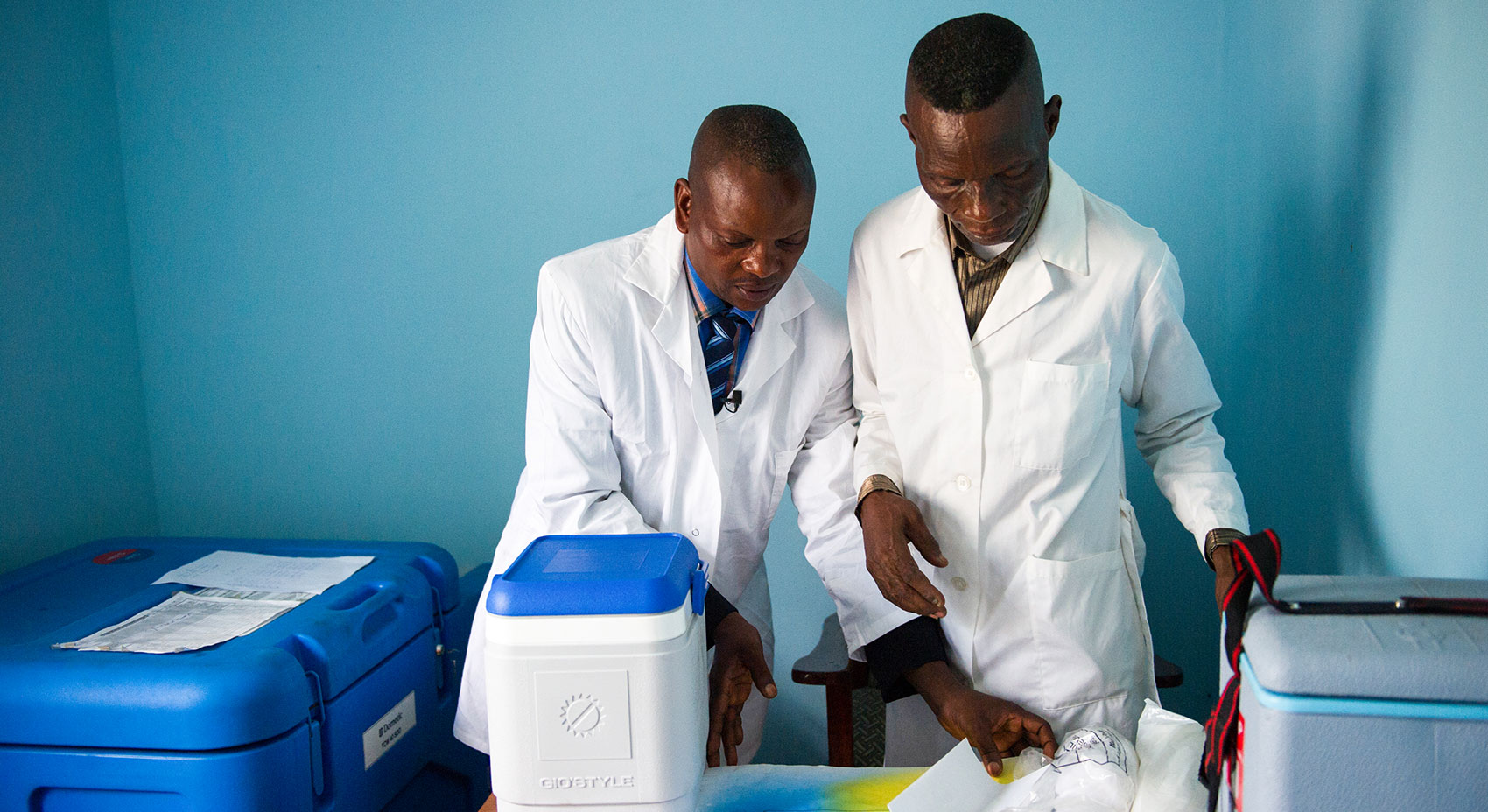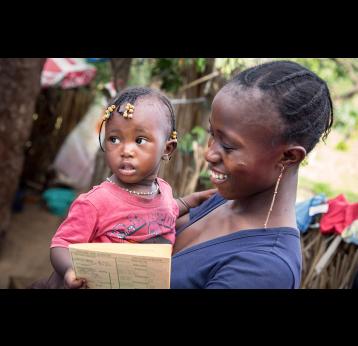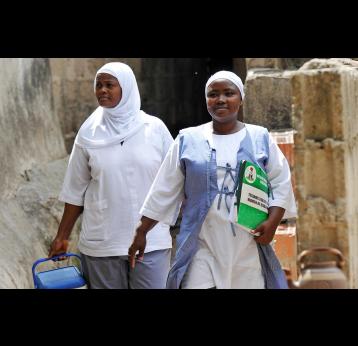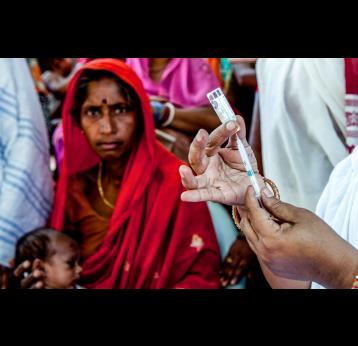A unique approach to sustainability
Central to the Gavi model is a unique approach to sustainability, domestic public resource mobilisation for vaccines and transition out of Gavi support.
Objectives:
As such, the Alliance will prioritise three main objectives to improve the sustainability of its immunisation programmes
-
Strengthen national and subnational political and social commitment to immunisation
This will include, for example, further sharpened approaches and tools to build national and subnational political will and working with civil society organisations to ensure strong social commitments of communities for immunisation.
-
Promote domestic public resources for immunisation and primary health care to improve allocative efficiency
The Alliance will refine on-going approaches to secure domestic public resources for immunisation and more broadly for primary health care, recognising that immunisation services reach children most sustainably when embedded into strong PHC. Gavi will also maintain the approach of increased country ownership through co-financing of vaccines.
-
Prepare and engage self-financing countries to maintain or increase performance
To ensure systematic and purposeful preparation for transition, the Alliance will continue to engage early on transition, ensuring appropriate sequencing and prioritisation of support. While most transitioned countries are maintaining immunisation performance, some countries have gaps in programmatic capacities or in vaccine introductions. For these countries, the Alliance will institutionalise some targeted, catalytic and time limited for post-transition countries and will further explore such support for never Gavi eligible MICs.




